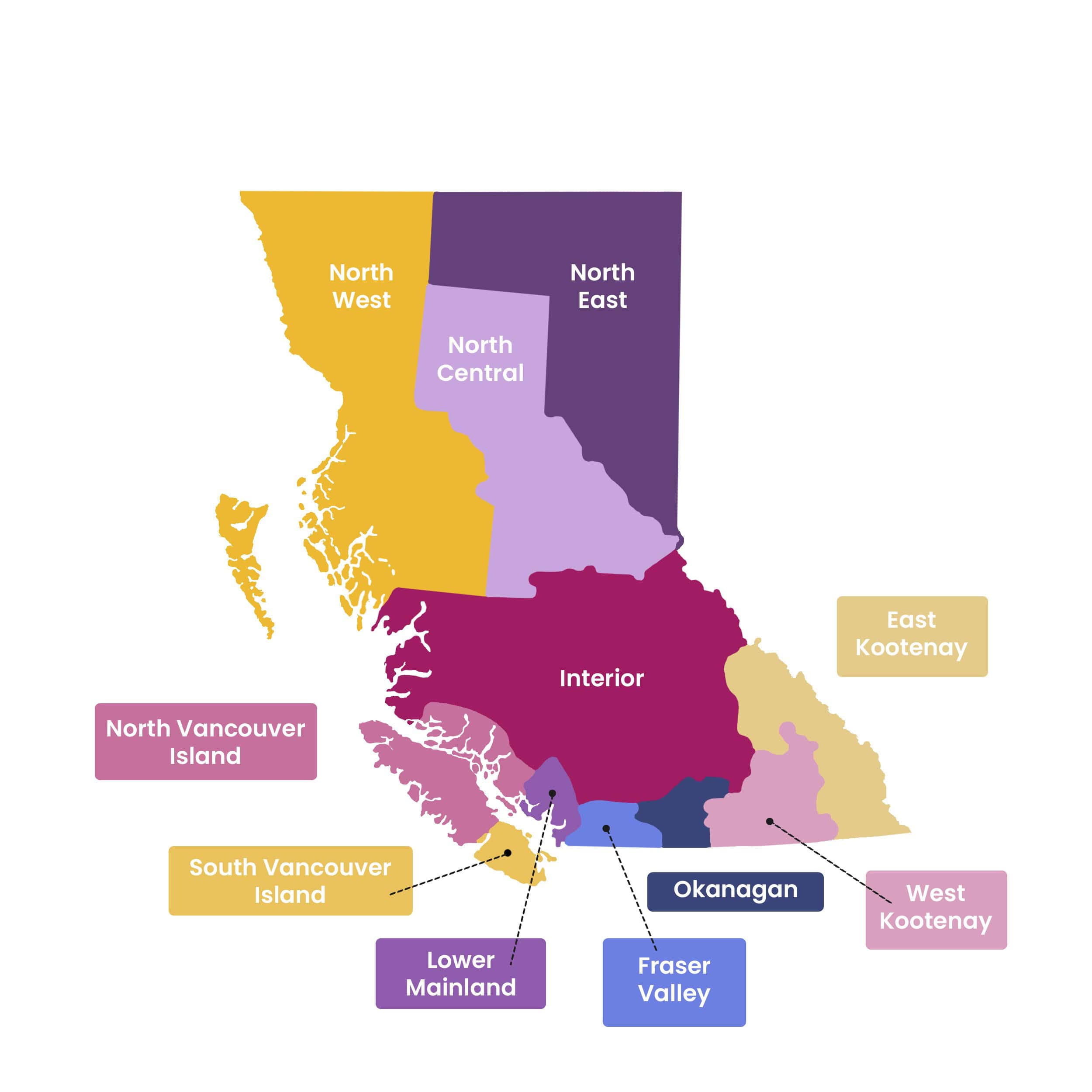training centre
Webinar Archive
Responding to Subpoenas and Third-Party Requests for Participant Records
Presented by EVA BC and facilitated by Gwendoline Allison, Principal at Barton Thaney Law. This webinar from March 2024, was created in response to the increase in requests for subpoenas and third-party requests to ensure that organizations understand how best to respond to them.
The webinar explores the legal regimes that govern demands for production and reviews best practices for responding to demands for production, what will happen in applications for production, and best practices for maintaining records.
Staying well within trauma-informed organizations
Presented by EVA BC and facilitated by Dr. Nancy Poole, Director of BC’s Centre of Excellence for Women’s Health, this webinar from April 2023, covers how organizations can be trauma-informed at the organizational level, supporting workers in these challenging times with collective social learning and health promoting practices that prevent vicarious trauma and promote vicarious resilience. It provides examples from organizations that are enacting trauma-informed practice at the organizational level. This is an opportunity to reflect on, and appreciate, how important wellness initiatives are to support our work in the anti-violence sector.
Reframing and working with self-injury
This webinar facilitated by Ted Leavitt of Connectivity Counselling, and held on March 22, 2023. *please note the beginning of the webinar was clipped and recorded webinar starts at 1 minute 19 seconds*
Self-injury, more colloquially known as self-harm, is simultaneously more simple and more complex than most people consider. Usually seen as a precursor to suicide or suicidal behaviour, observing self-injury in clients can often lead to intense reaction from those who wish to help. The purpose of this workshop is for that reaction to become tempered with information and context.
This webinar workshop covered:
- Definitions of self-injury
- Presentations of self-injury
- Pain as pain relief
- Cultural considerations of self-injury
- Functionality of self-injury
- Assessing risk
Best Practices for Facilitating Support Groups
This three-hour webinar from April 2021 focused on best practices for providing support and services in a group setting for women who have experienced violence (including web-based and technology-facilitated options). Presenter Jennifer Hollinshead, MA, Clinical Director of Peak Resilience, walked participants through the process of organizing a group, including:·
- Reasoning behind and benefits of groups
- How to structure your group based on your goals, clientele needs and the capacity of your team (A one off workshop? An ongoing closed group? An ongoing drop-in group?)
- Ethics and Responsibilities – intake needs, confidentiality (on Zoom or other online platforms), safety and community building online
- Common fears and pitfalls
- Creating an outline for your potential group.
Responding to disclosures of sexual assault
Responding to disclosures of sexual assault was recorded in September 2021 and provides an opportunity to become familiar with the impacts of sexual violence related to trauma, to understand the difference between disclosing and reporting, and to learn how to support someone who discloses sexual violence. This training delivers some core information that helps address incidents of sexual assault.
Addressing domestic violence in LGBT2SQ+ communities across BC
Addressing domestic violence in LGBT2SQ+ communities across BC was co-facilitated by Olivia Fischer and Daley Laing, on February 20, 2020.
This webinar was supported by the Province of British Columbia through a Civil Forfeiture Grant from the Ministry of Public Safety and Solicitor General.
Risk identification and safety planning
Risk identification helps workers recognize and address the risk of future violence, prioritize cases that need increased levels of support and intervention, inform safety plans, and assist in perpetrator management.
Risk identification tools serve an important purpose in developing an appropriate safety plan and responding to threats for survivors of relationship violence.
This two-hour webinar, launched in April 2019, introduces tools and practices for identifying evidence-based risk factors and circumstances that make survivors of relationship violence more at risk of serious or potentially lethal violence. It also touches on the principles of ethical and legal information-sharing, documentation practices for high-risk cases, and basic safety planning and risk management.
Indigenous community safety
Indigenous community safety was presented by Beverley Jacobs, Mohawk, Bear Clan from Six Nations Grand River Territory, lawyer, PhD candidate, and Indigenous Communities Safety Project (ICSP) consultant for EVA BC and the Legal Services Society of British Columbia, in December 2013.
The ICSP was funded by the Law Foundation of Ontario. The purpose of this webinar was to provide public education about the roots of violence in Indigenous communities, historical trauma and its impacts in Indigenous communities, knowing the risks of sexual/relationship violence, the right to be safe, community healing, Indigenous peoples’ resiliency and tools to assist in the development of community safety plans.

